Publication Dates
The News welcomes your submissions. We are a paper for Charlotters by Charlotters! Email Chea Waters Evans today! She…

The News welcomes your submissions. We are a paper for Charlotters by Charlotters! Email Chea Waters Evans today! She…
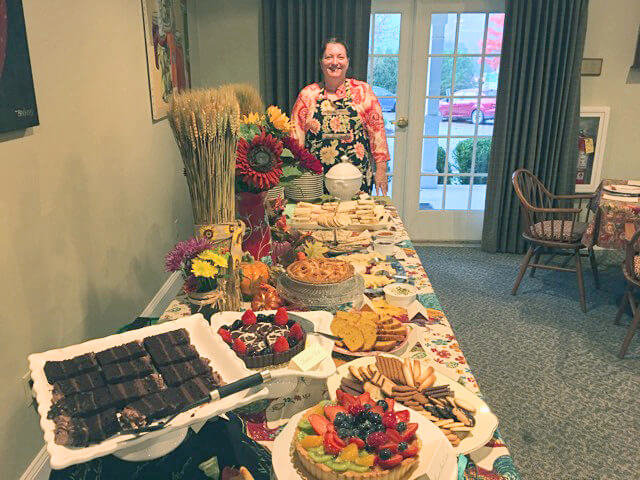
Popular, ongoing programs at the Senior Center range from duplicate bridge on Mondays from 12:30 to 4 p.m., to Mah Jong on Tuesdays from 12:45 to 4 p.m., Spanish Conversation on Tuesdays from 11 a.m. to noon and Strength Maintenance on Tuesday and Friday mornings from 11 a.m. to noon.

Discussion: A discussion on efficiency and heat-pump technology will be held from 7 to 8:30 p.m. at the Charlotte Library on Nov. 15, hosted by Peter and Carrie Fenn. Please RSVP to [email protected].
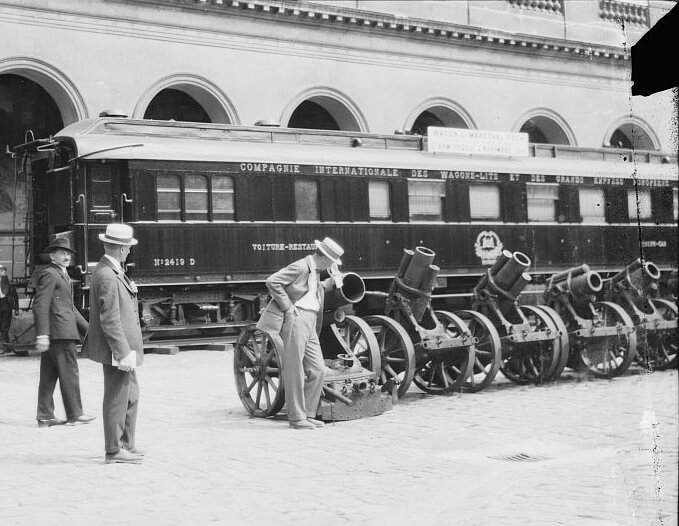
Armistice Day became a national holiday in 1926. The idealistic notion of the end of war was itself shattered by subsequent conflicts. In 1947, WWII veterans sought to honor those who fought in the second Great War by calling for a “National Veterans Day” salute with parades and festivities to be held on Nov. 11. In 1954, Congress passed and President Dwight D. Eisenhower signed legislation to rename Nov. 11 as “Veterans Day” to honor all those who have served in the military.
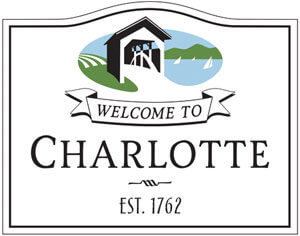
With recent headlines describing hurricanes, flooding, wildfires, earthquakes, hazardous spills and a host of other natural and man-made disasters nationally, it is worth taking a moment to review what all of us can do to make sure that we are prepared for an extreme weather event or if a small-scale disaster hits us here in Charlotte. As a town we are required to have an emergency plan that provides the Selectboard, fire and rescue services and the road commissioner with a check list for procedures and resources they may draw upon should a major event affect our town.
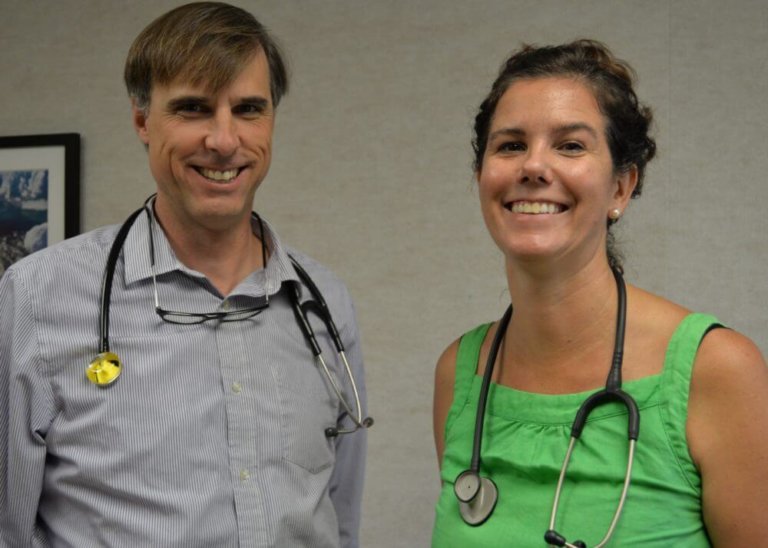
Whether it’s a nasty zebra mussel gash or a sudden acute illness, same-day appointments for urgent care are always available for patients at the Charlotte Family Health Center. Dr. Andrea Regan is taking measures to ensure they always will be as she and her partner, Dr. Gordon Gieg, merge their small independent community practice with the Evergreen Family Health, a larger independent practice in Williston.
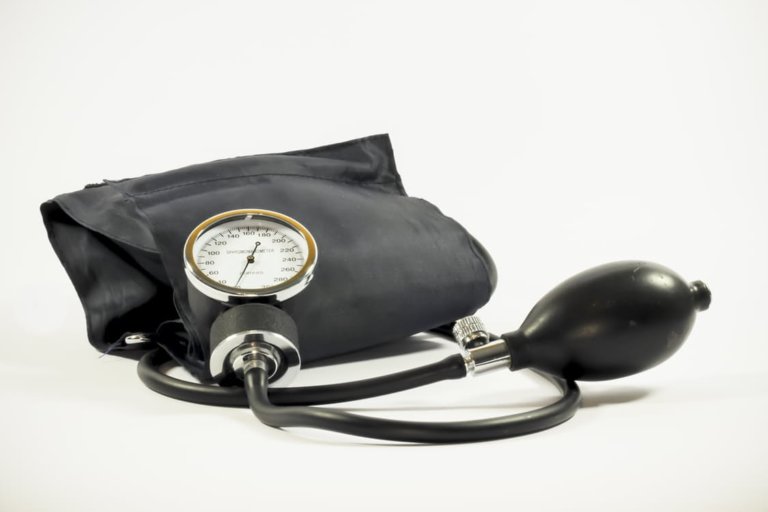
Last July, shortly after president Trump announced the U.S. withdrawal from the Paris Climate accord, I wrote a piece for The News bemoaning the slow progress that has been made in addressing global climate change and controlling greenhouse gas emissions (charlottenewsvt.org/2017/07/26/health-matters-time-new-climate-change-message). Since I wrote that column, Scott Pruitt, the current EPA administrator, has followed through on the president’s threat to roll back the Clean Power Plan reducing carbon emissions from coal fired power plants, announced plans to delay rules aimed at setting fuel efficiency standards for cars and trucks, attacked rules limiting methane emissions from oil and gas wells and attacked efforts to set appliance efficiency standards. This has occurred with little if any adverse political consequences for the protagonists and only a tepid response from environmentalists and public health advocates.
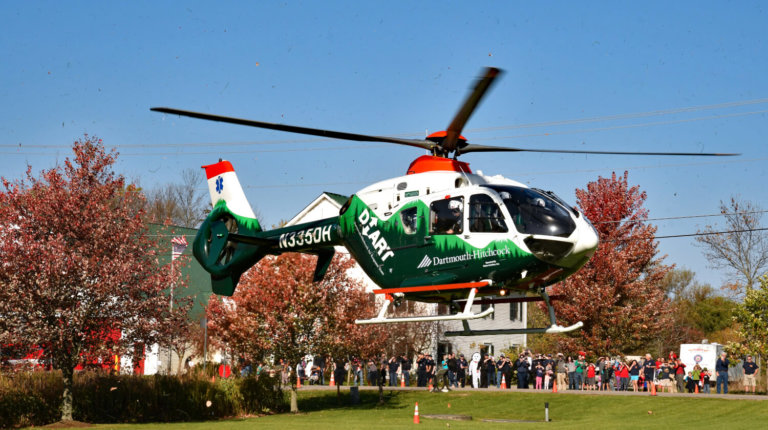
The event attracted more than 150 people who enjoyed the first-ever Charlotte Volunteer Fire and Rescue Services Public Safety Day on Saturday, Oct. 21. Children jumped and squealed when the DHART helicopter landed on the Town Hall Green, but the day was educational for all ages. Attendees also enjoyed an obstacle course, Vermont State Police K-9 demonstrations with the amazingly smart Kimbra, and fire safety live training. And Charlotte was even recognized as a HeartSafe Community.
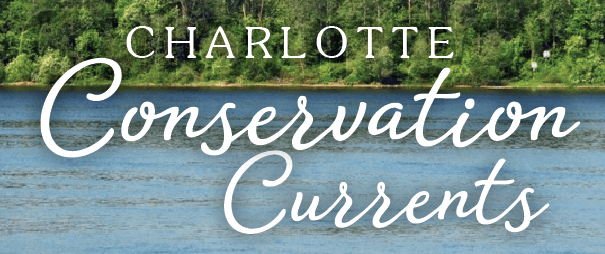
The eastern wild turkey, a member of the galliformes order, is a delicious mouthful for man or beast. One of five distinct subspecies of wild turkey found in the U.S., it is also the most widely distributed. Benjamin Franklin called the turkey a “bird of courage” and urged that it, rather than the bald eagle, become our national symbol. He called the eagle a “bird of bad moral character” and a “real coward” that stole fish from other species, such as the osprey.
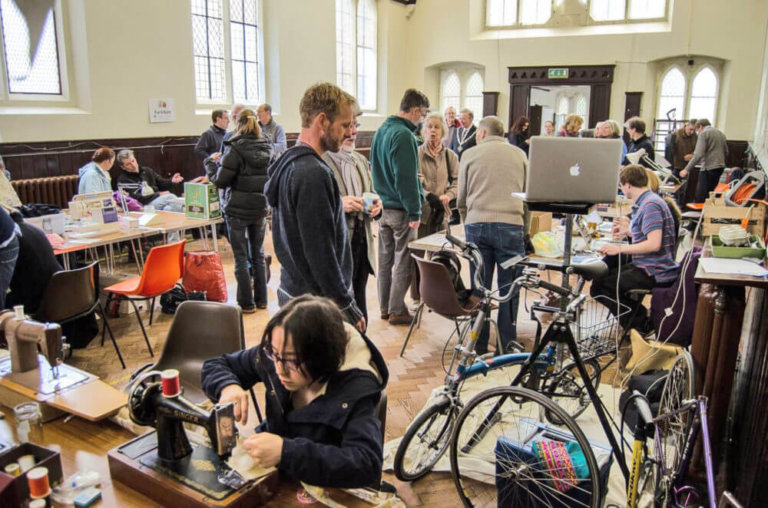
Transition Charlotte will host a Repair Cafe on Nov. 11 from 10 a.m. to 4 p.m. at the Charlotte Congregational Church. Repairs include, clothing, knitting, correcting tension on sewing machines, tool and knife sharpening, small appliances, small electronics, smart phone tutoring, bicycles, small furniture, lamps, cords, etc. Please let us know what you’re bringing so we can be prepared. Please visit https://goo.gl/forms/NjLDrpHUxQMDaxKa2 to register.
Playgroup: All children 0-5, with a caregiver, are welcome for free play, stories and fun. Please bring a snack and water. Mondays from 9:30 to 11 a.m. at the Charlotte Central School. Follows the school calendar. Email [email protected] for more information.
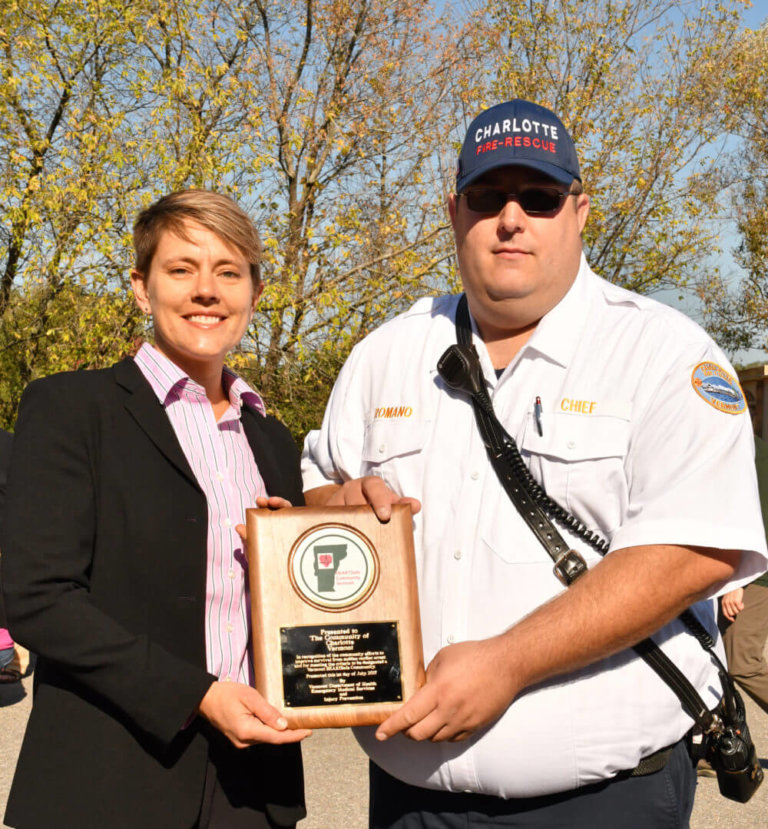
Charlotte has officially attained HEARTSafe status. “We are one of only 600 towns in the U.S. who have enough widespread CPR instruction, public access to defibrillators and high levels of training for first responders in the latest aggressive resuscitation techniques,” CVFRS President Tom Cosinuke said.

The Kelly Brush Foundation has partnered with the local organizing committee for the Audi FIS Women’s Ski World Cup at Killington Resort on an initiative to improve on-hill safety for the upcoming event, Kelly Brush Foundation Executive Director Zeke Davisson announced.
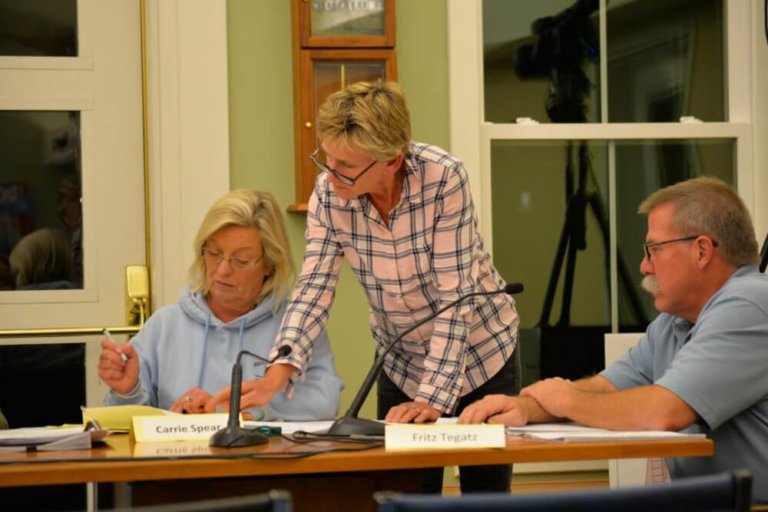
With Activities Director Mary Recchia leaving her post at the Senior Center, the Selectboard approved a new position of Senior Center Director, with a somewhat changed job description, as well as an increase in hours worked to 30 to 35 from the current 28 to 30 and the addition of health benefits, both of which will affect next year’s Senior Center budget. The new position will be scored via the Palmer & Associates Job Evaluation Manual for purposes of determining the new director’s salary.

It was state championship time for high school cross-country runners at Thetford Academy on Saturday. CVU men’s and women’s teams mirrored the blaze of red in the mountains with women clustering it near the top of the pack. The Lady Hawks won their ninth-straight state title by finishing five individuals among the top 20, led by freshman Alice Larson who placed fourth, one spot ahead of teammate Jennifer Ireland, with Chloe Andres running 10th, Cate Noel and Ella Whitman in 16th and 17th. This team victory was their 14th in the last 15 years.
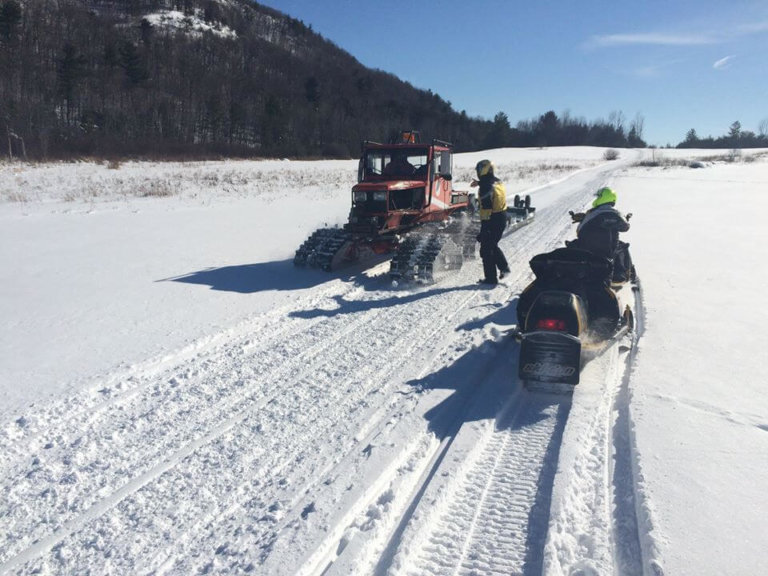
Vermonter Chris Myers, 32, comes from three generations of snowmobilers. He was recently appointed president of the Shelburne Charlotte Association of Snow Travelers (SCAT) Snowmobile Club and Vermont Association of Snow Travelers (VAST).
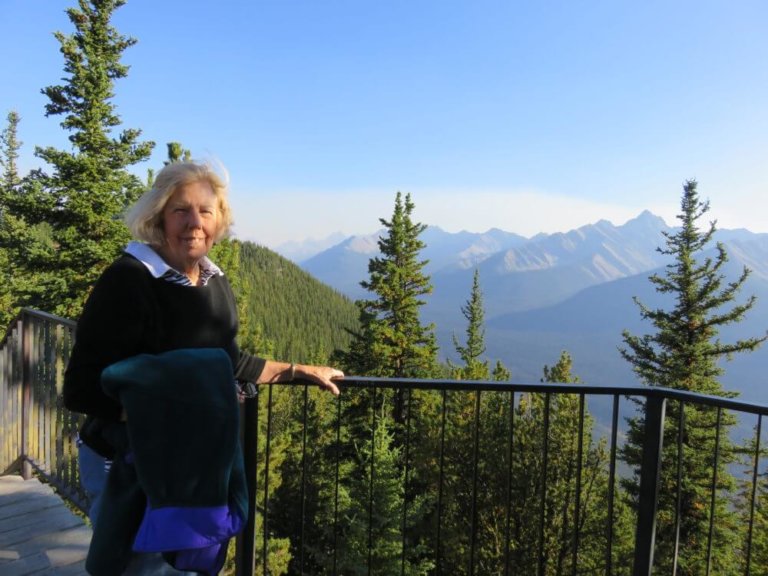
I fell in love with tall mountains when I was thirteen. My parents and I took the Trans Andean Railway from the pampas of Argentina to Santiago, Chile. It was winter and we were the first train through in a month. High in the mountain peaks of the Andes the train stopped at an army camp. The soldiers were throwing snowballs and laughing. The sky was intense blue and the snow dazzled. The previous eerie silence of the landscape outside of our window was shattered by this moment of human joy set against nature’s cold but beautiful power.
Although the legislature is not in session, many legislators serve on special committees that meet between sessions. The Legislative Committee on Administrative Rules (LCAR) is one such committee, and it’s been keeping me busy this summer. LCAR consists of four Senators and four Representatives and is responsible for reviewing rules proposed by agencies of the executive branch of state government. Rules spell out the process by which an agency administers laws. Examples include the health standards of hotel accommodations, licensing of professionals, and standards for fuel oil tanks in our homes. It is LCAR’s job to review the rules to ensure that
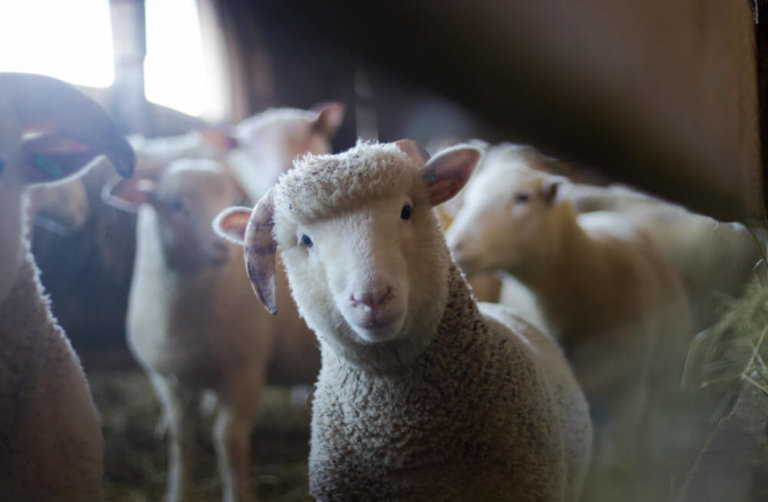
If you spend time in the woods, chances are that you will stumble upon an old cellar hole, stone wall or agricultural implement rusting among the trees. These cultural artifacts are striking and speak to the strange and fascinating history of European settlement in Vermont, which is intertwined with the history of our forests. In most areas of Vermont, I would classify human disturbance as the largest influence over the condition of our forests as they currently exist. The history of how this came to be is a story of settlement, war and mania.

In the early evening, the five of us gathered in the still steamy plaza to enjoy a last dinner together. Our table was littered with plates of sautéed peppers, vinegary bocherones, fried calamari and glasses of vino verde.